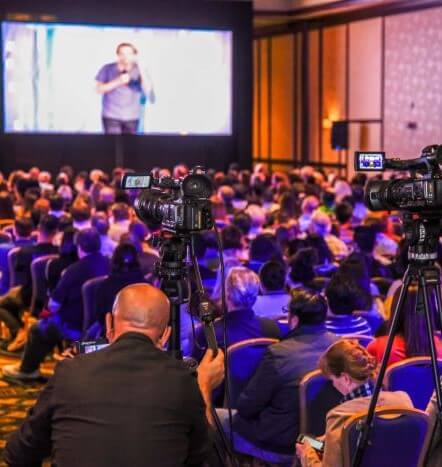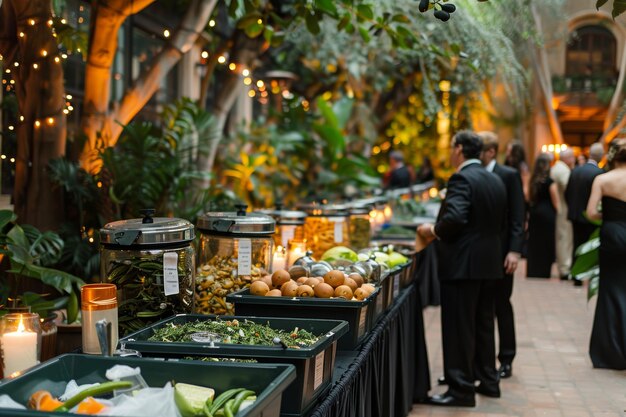
Sustainable event planning has evolved from being a mere buzzword to a crucial necessity. It's about organizing events that minimize negative environmental, social, and economic impacts while maximizing the positive ones. This means looking at the entire lifecycle of an event—from planning through post-event evaluations—with a focus on reducing waste and conserving resources.
Why Go Beyond the Basics?
While most people are familiar with the trio of recycling, reusing, and reducing, true sustainable event planning requires a deeper commitment. It involves innovative strategies that embrace the many dimensions of sustainability: environmental, social, economic, cultural, and ethical.
Advanced Strategies for Sustainable Events
1. Green Technology: Powering Events Responsibly
Embracing green technology is key to transforming how events operate. It’s not just about adding a few solar panels; it’s about integrating cutting-edge solutions that redefine energy consumption.
- Solar Power: Utilizing solar panels can turn venues into shining examples of clean energy use. These photovoltaic systems reduce reliance on traditional power sources while showcasing a commitment to sustainability.
- Kinetic Floors: Imagine floors that harness the energy from foot traffic! Kinetic energy floors convert attendees' movements into power, creating an engaging and participatory experience that highlights sustainability in action.
- Energy-Efficient HVAC: Maintaining comfort without wasting energy is possible with energy-efficient HVAC systems. These systems intelligently regulate temperature, ensuring a pleasant environment while minimizing energy consumption.
2. Sustainable Sourcing: Local Love
A farm-to-event philosophy can be a game-changer. By sourcing products locally, you not only support local economies but also significantly reduce transportation-related carbon emissions. Picture an event where food, decor, and materials are all sustainably sourced—creating a vibrant, eco-friendly atmosphere.
3. Fair Trade Practices: Ethical Choices
Taking sustainable sourcing a step further means embracing fair trade practices. This ensures that the production of event materials adheres to ethical labor standards, promoting social responsibility and enhancing the overall ethos of your event. Prioritizing fair trade aligns with the values of attendees who care about ethical consumption.
4. Circular Economy Principles: A New Mindset
The traditional linear model of “take, make, dispose” is outdated. By adopting circular economy principles, planners can design events for longevity and reuse. Imagine decor that doesn’t just get tossed after one use but can be repurposed for future gatherings, creating a sustainable lifecycle for all event elements.
5. Upcycling Initiatives: Creative Sustainability
Upcycling offers an exciting way to give new life to discarded materials. Instead of sending event banners to the landfill, why not transform them into stylish, eco-friendly bags? This creative approach not only reduces waste but also adds value to materials that might otherwise go to waste.
6. Smart Waste Management: The Future of Disposal
Smart waste management systems are revolutionizing how events handle waste. With sensors and real-time monitoring, event planners can track waste generation and disposal more effectively. Automated sorting systems make recycling seamless, ensuring that waste is managed efficiently and responsibly.
The Benefits of Sustainable Event Planning
The beauty of sustainability lies in its multifaceted benefits. Not only does it help the planet, but it also engages attendees on a deeper level. Witnessing innovative, eco-friendly practices in action fosters a shared commitment to sustainability—turning the event into a meaningful experience that extends far beyond the venue.
Challenges and Opportunities
Despite the clear benefits, transitioning to advanced sustainable practices presents challenges. From the initial investments in technology to navigating the complexities of sustainable sourcing, these hurdles require strategic thinking. However, every challenge is also an opportunity. By overcoming these obstacles, event planners can set themselves apart, appealing to eco-conscious attendees and creating memorable experiences.
Building a Sustainable Legacy
As the demand for sustainability in event planning continues to rise, advanced strategies are essential. It’s about more than just recycling; it’s about integrating green technology, sustainable sourcing, and circular economy principles into the very fabric of event planning. This commitment not only benefits the environment but also enhances the overall experience for attendees.
Wrap Up: The Future of Sustainable Events
Sustainable event planning is a dynamic process that requires creativity, collaboration, and commitment. Going beyond basic principles, planners must embrace a broader perspective that encompasses various dimensions of sustainability. By doing so, they can create events that are environmentally friendly, socially responsible, economically viable, and culturally diverse.
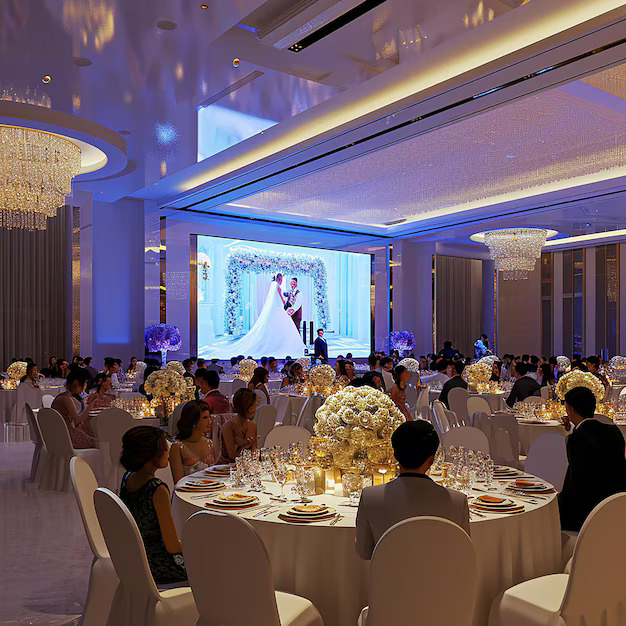
.jpg)
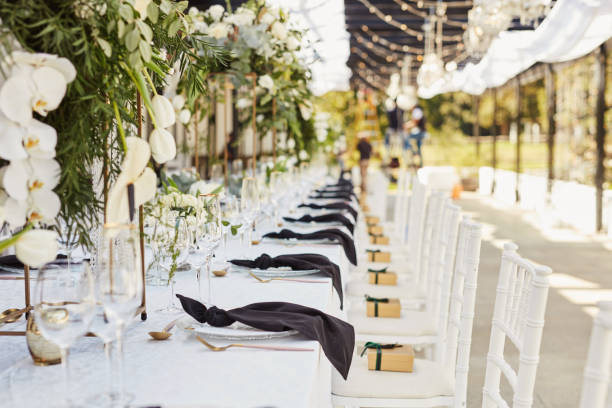


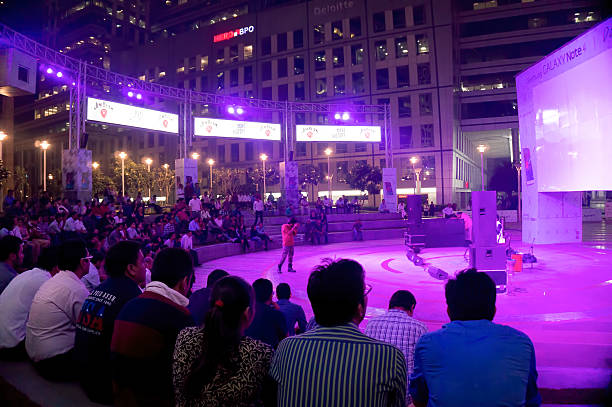




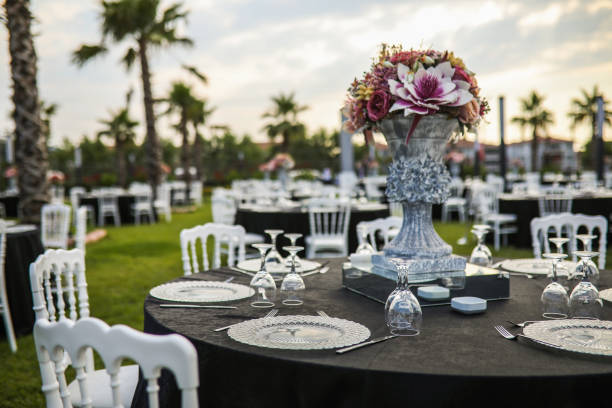


.jpg)





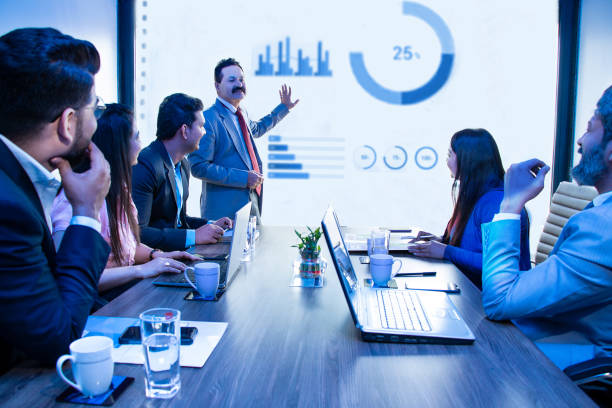





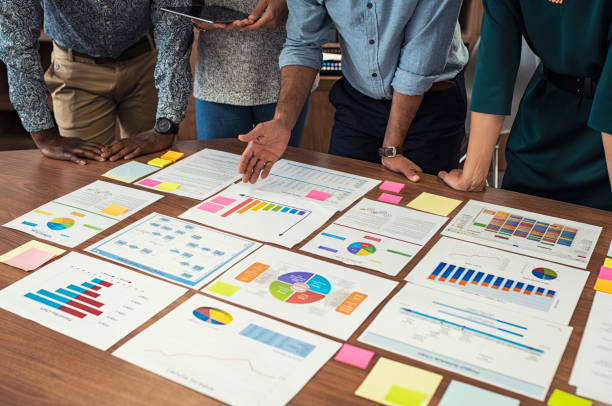

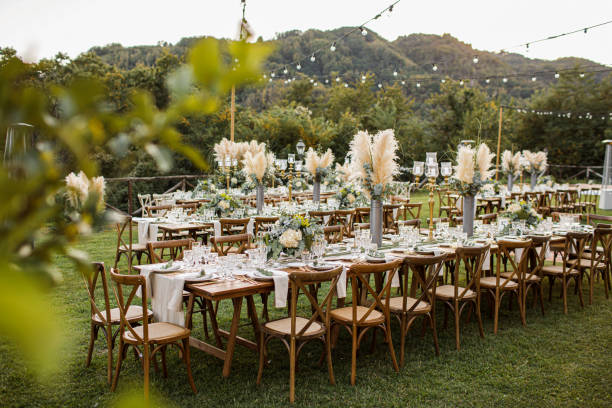





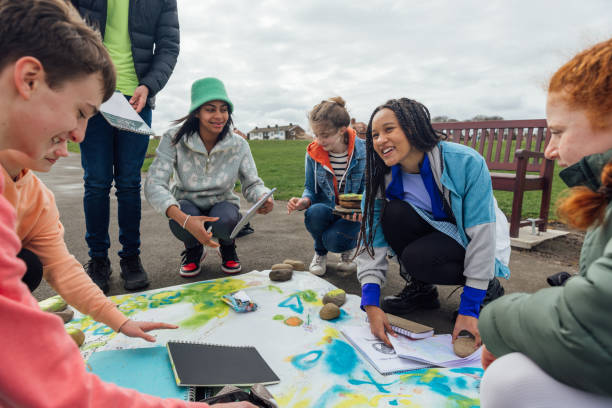









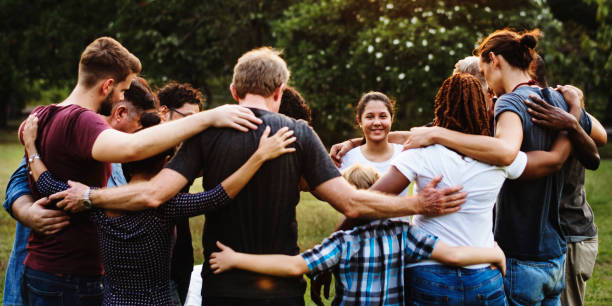
.jpg)


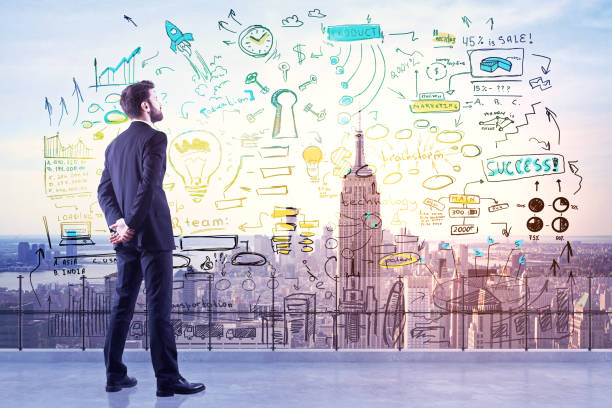
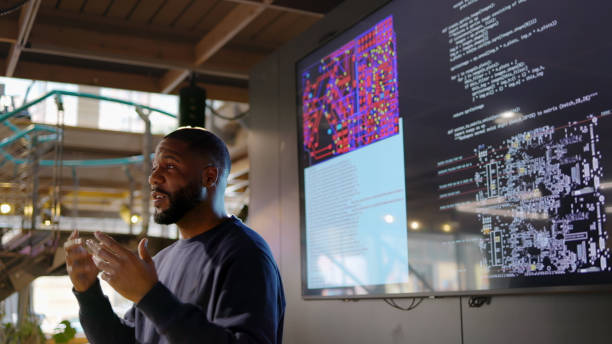

_11zon.jpg)
